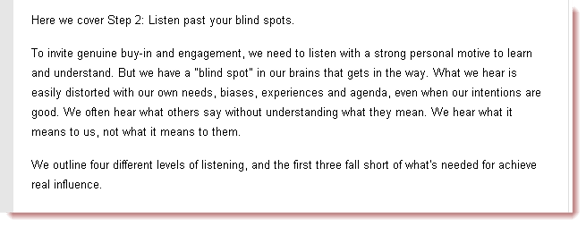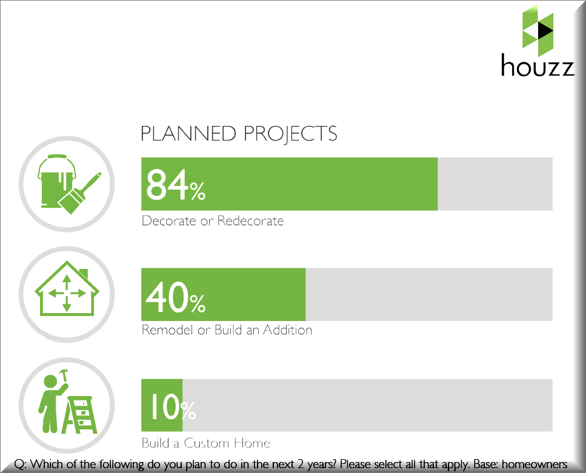New lead rules in WI cause major changes in remodeling and home improvement
As legislation and rules go ... this one is a big one - for contractors and homeowners alike.
The regular topic of discussion around our office these days has centered around our preparedness for the upcoming Wisconsin Renovation Repair and Painting (Wisconsin's more aggressive version of the new EPA Lead Rule) in effect April 22, 2009 and how it will affect our clients. We've had questions from our past clients, other homeowners who are considering projects for their home, our trade contractors and even industry colleagues looking for guidance from us on this issue.
So, what is this new rule and how does it affect you? The Wisconsin Builders Association explains it well for both homeowners and contractors here.
For homeowners, the detail to remember is that if you're looking to remodel/ repair six square-feet of your pre-1978 home with a contractor, that contractor must be certified and registered with the state of WI and abide by the lead safe practices. There will be contractors who will refuse to abide or just not be aware that this rule exists and will perform this work without the required licensing.
Let's put "six square-feet" in to perspective. In most cases, replacing just one window in your pre-1978 home will require lead safe practices.
Stebnitz Builders has been diligent in keeping up with the state's requirements, becoming certified and adhering to those lead safe practices. It's important to us to not only make sure we are following the new rules, but also to educate homeowners on what to require from their contractors.
If a contractor is not adhering to the lead rules, your project can be stopped immediately, the contractor could be fined and forbidden to return to your project until they've obtained the required licensing and labor practices. End result - your house could be torn up and your contractor could be paying hefty fines and unable to finish your project until they conform. This could take months.
Rules and regulations change every year. Understand the new rules, ask the right questions of your contractor and be an informed consumer to avoid some real complicated and costly problems down the road.
For more information on the dangers of lead, visit the EPA's website.



